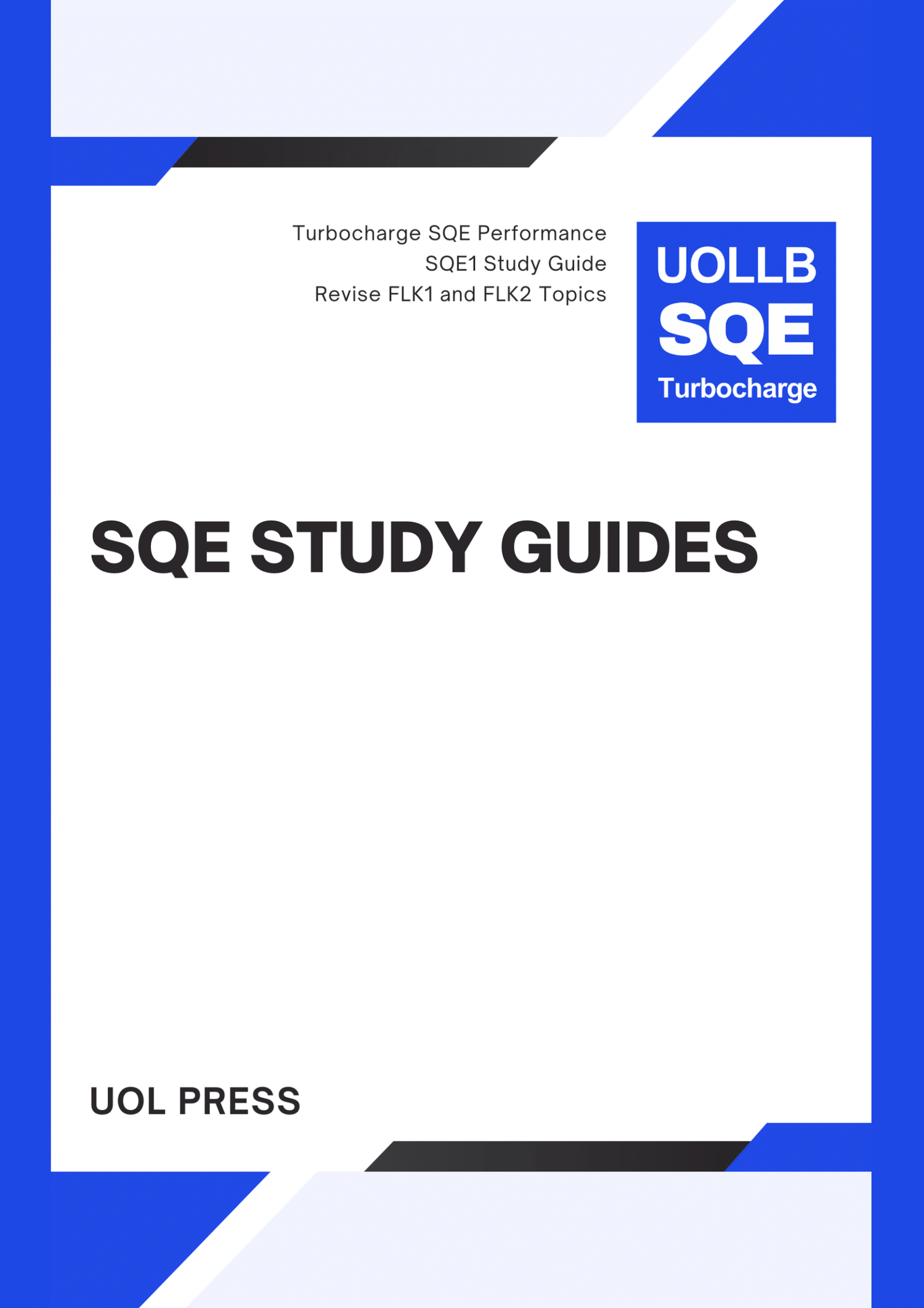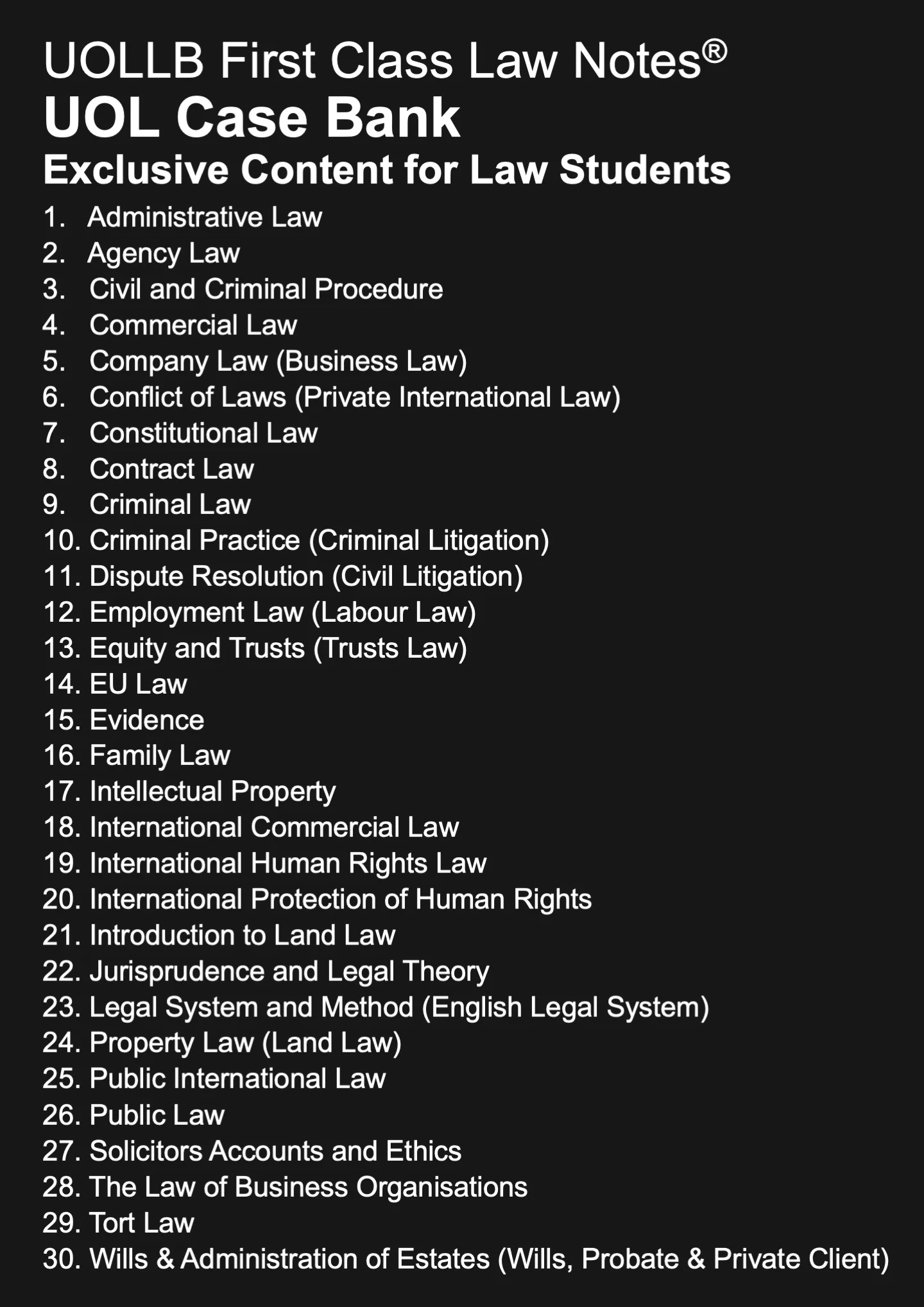Registered Land vs Unregistered Land
Share
In the UK, the main difference between registered and unregistered land is whether the land is recorded on the Land Register.
Registered land refers to land that is recorded in the Land Register, which is maintained by HM Land Registry. This means that the details of the land, such as the owner, boundaries, and any restrictions or rights, are all recorded and kept up to date. The registration process provides a state-backed guarantee of title, which gives the owner a higher level of security in their ownership of the land.
Unregistered land is land that has not been recorded in the Land Register. This means that there is no official record of the ownership, boundaries or any other interests in the land. The owner of unregistered land has to rely on their own documents to prove their ownership and they may face difficulties if there is a dispute over ownership or boundaries.
While the majority of land in the UK is now registered, some older properties and rural land may still be unregistered. In some cases, the owner may choose to keep the land unregistered if they do not want to pay the fees associated with registration or if they are concerned about disclosing their ownership details.
Registered land refers to land that is recorded in the Land Register, which is maintained by HM Land Registry. This means that the details of the land, such as the owner, boundaries, and any restrictions or rights, are all recorded and kept up to date. The registration process provides a state-backed guarantee of title, which gives the owner a higher level of security in their ownership of the land.
Unregistered land is land that has not been recorded in the Land Register. This means that there is no official record of the ownership, boundaries or any other interests in the land. The owner of unregistered land has to rely on their own documents to prove their ownership and they may face difficulties if there is a dispute over ownership or boundaries.
While the majority of land in the UK is now registered, some older properties and rural land may still be unregistered. In some cases, the owner may choose to keep the land unregistered if they do not want to pay the fees associated with registration or if they are concerned about disclosing their ownership details.























































